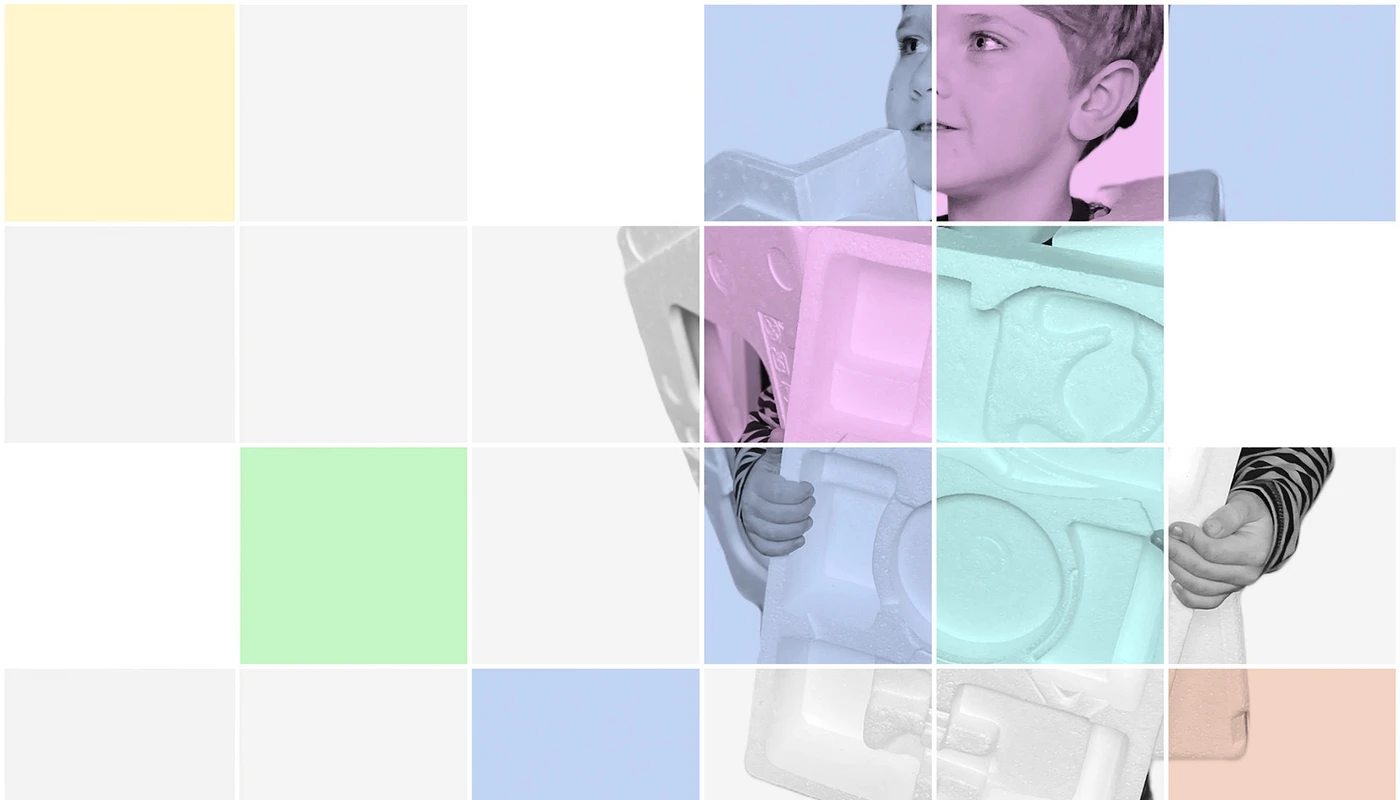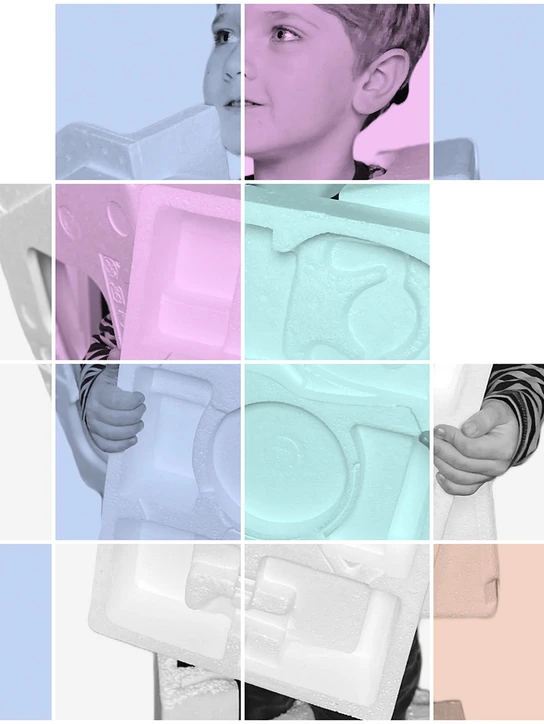
Play for Diversity
- PhD student
-
Zanitha Hamilton Månegaard
- Project period
- 2024 - 2027
- Main supervisor
- Richard Herriott
- Project supervisor
- Helle Marie Skovbjerg
- LAB
- Social Design
- LAB theme
- Togetherness
Universal design - Collaboration partners
- Bevica Foundation
- External links
- Zanitha Hamilton Månegaard
About
The research will be guided by the following research question and sub questions:
What role does play hold in the lives of neurodivergent children, and how can we apply these insights to the following design questions:
- How can play and pluriversal design principles enhance the development of a theoretical framework transcending UD, encouraging imaginative exploration and creation of play designs accommodating neurodiversity?
- How can we use play to influence the conceptualization of design principles?
- How do neurodiverse-informed design paradigms challenge traditional approaches and what new design principles emerge from these perspectives?
- How can we use these design principles in designing diverse and inclusive play experiments?
Purpose
The project delves into a general understanding of neurodiversity not as a disability but a different way of being in the world. In exploring how neurodiverse-informed design paradigms challenge traditional approaches and what new design principles emerge from these perspectives, this project seeks to explore neurodiverse play. At its core, the study seeks to investigate how co-design methodologies and embodied approaches intersect to envision and materialize playful approaches that cater to the diverse needs of neurodiverse individuals. Through a series of design workshops, the project fosters a participatory environment engaging neurodiverse voices to collaboratively envision and prototype future playful experiences that transcend conventional boundaries.

Methods and outcome
The project is methodologically based on Research through Design and various co-design approaches. The play approaches are central, both focusing on their role, means and qualities; this involves using ethnographic methods to respect participants' perspectives, emphasizing diversity, and exploring sensory and bodily engagement. Neurodiverse informed methodological choices influence documentation, e.g sensory and poetic ethnography.
The project aims to contribute specific knowledge on designing for diversity, understanding play's significance in neurodivergent lives, and applying these insights to design and play methodologies. It seeks to foster sensory-rich ways of knowing and working in design research, inspiring future designs that foster diversity, playfulness, and creativity.
“Neurodiversity may be every bit as crucial for the human race as biodiversity is for life in general. Who can say what form of wiring will prove best at any given moment?”



